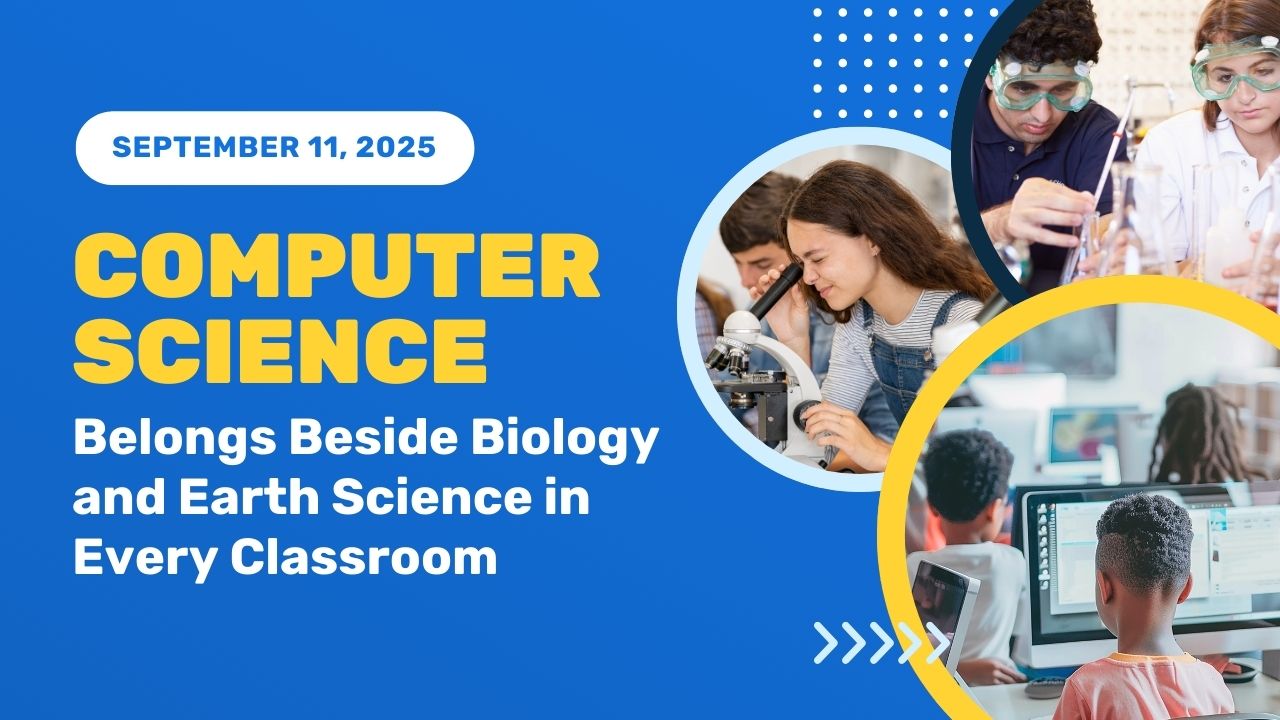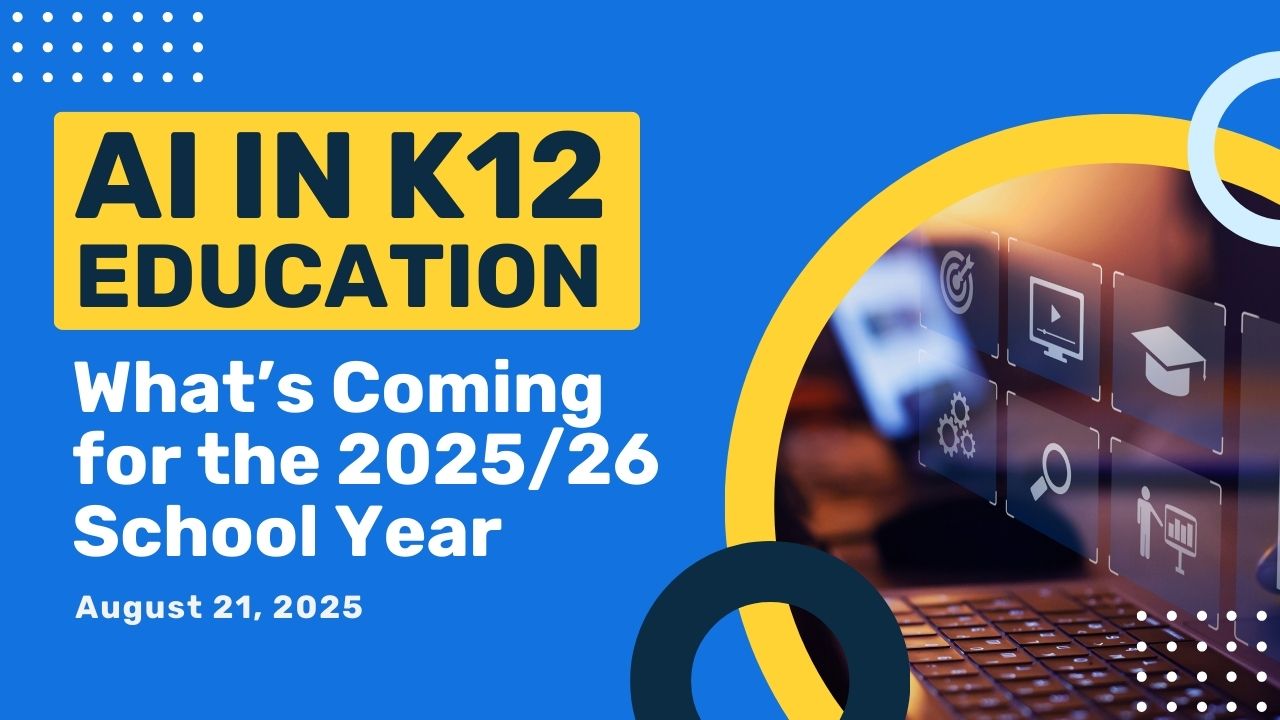Coding is often seen as a scary and daunting task. Yet, with an internet search, one will find a myriad of articles claiming that coding is, in fact, easy for anyone and everyone. The truth of the matter is that coding can be strenuous for some students. The ease with which students pick up coding knowledge can depend on many variables.
To motivate persistence, which is vital for learning code, it's crucial that teachers are aware of the potential roadblocks their students may come across. Once they are known, it will be made more clear how to improve a coding class's user experience.
Applied Reasoning
Coding consists of many skills that students may already know: mathematics, problem-solving, creative thinking, etc. But, similar to physics, it applies those concepts, which can prove to be considerably more challenging than simply using those tools individually. For students who’ve yet to engage in multi-disciplinary courses, coding may be tricky.
Unlearning Perfectionism

In traditional education, students are often taught to avoid making mistakes and are often penalized for answering problems or challenges incorrectly. With coding, making mistakes is a vital part of the learning process. Plus, coding students are encouraged to look up answers and use others’ solutions when they’re coding. For the new coder, this can feel like cheating! Transitioning to this way of learning can be frustrating for young students conditioned to strive for perfection and academic integrity. With coding, there will be emotional growing pains.
Teaming Up
Once a new coder finds community and support amongst online coding groups, they will be able to tap into an almost infinite wealth of knowledge and resources. It can, however, be challenging to find and even get involved in these circles. Without guidance, it can be overwhelming to choose between contradicting answers on stack overflow or W3Schools. It can also be rather frustrating to
Autodidactic Tendencies

In my personal experience of learning code, I’ve found that it’s not easy to predict the pace at which the information will stick. Some new concepts will click immediately, whereas others will feel awkward to work through for weeks! For this reason, it can be hard to learn code in a traditional classroom format. Sometimes, students will find it hard to keep pace with strict deadlines in coding courses. Teachers in a coding classroom will need to get used to flexible learning schedules, and students will need to be encouraged to spend time learning and practicing on their own if they fall behind the pace of their class.
Low-Floor, High-Ceiling
At first, you can achieve immediate results from code, but the difficulty ramps up rapidly. Though it can be easy to learn beginner steps like console logging and “Hello World” printing, understanding code tools well enough to apply them to diverse puzzles and challenges can prove a formidable beast to conquer. Everything past the first steps requires working out how to produce more complex results by using new tools.

Executive Functioning

Until students are bitten by the coding bug, motivating them to work at it can be as arduous as inspiring a class to be enthusiastic about math. Some students won't be interested in working with code until they find a way to add value to something else they're interested in. Others may have to overcome a preconception that they won't be able to improve and, therefore, shouldn't try.
For a course like coding, serving sources of motivation and inspiration are imperative. The code itself will not incentivize students who aren't interested in computers or technology. The strategy here then is to make the incentive the result of learning to code. Since you see results immediately, it all comes down to building something a student can get excited about.
Parlez-Vous Ordinateur?
Coding is like learning a new language, except with more logic and a much less forgiving listener. It takes a lot of practice to learn how to have effective conversations with a computer. Students who want to excel at coding will need to know to be diligent and practice often to not lose the tools they have picked up.

Learning to code can be difficult, but Mastery Coding makes it easier! We offer a wide array (pun intended) of features that make both teaching and learning code less of an uphill battle for students:
We structure and provide course material for classes so that teachers can dedicate their time to supporting and motivating students.
We know that different learning styles work best for diverse learners. We provide educational content in various formats (including videos, text, worksheets, and more!) so that everyone has the opportunity to learn their preferred way.
Our curricula focus on project-based learning so that students practically apply the concepts they discover and have concrete milestones of success as they make their way through the course.
And more! Contact Us to hear more about the ways we make technological literacy more accessible.













.webp)

